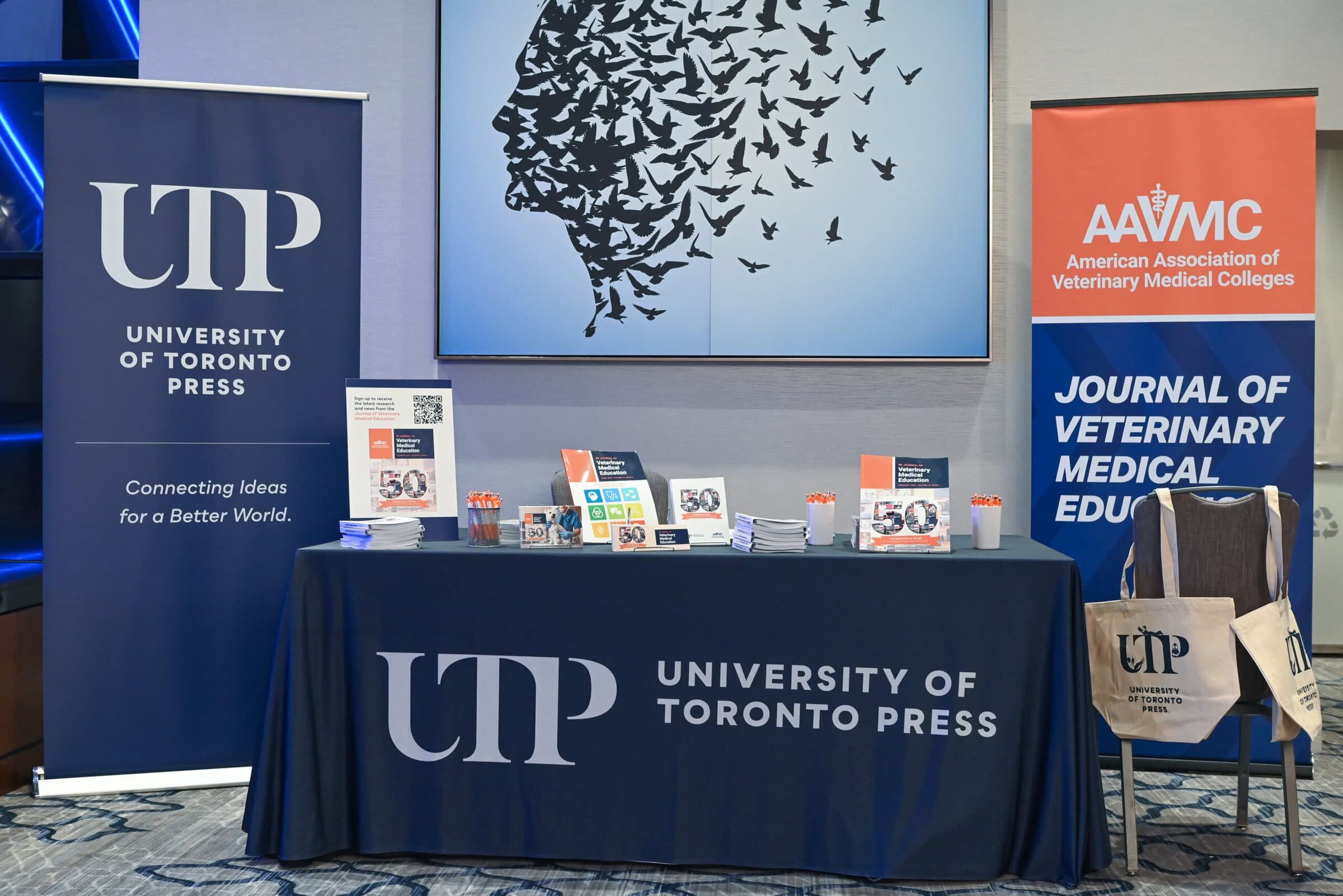Press Releases
January 26, 2026
AAVMC Recognizes 16 Future Veterinarians with Diversity Leadership Scholarships
News Releases
AAVMC’s Signature podcast
On Air
Tune in to AAVMC’s podcast to explore diversity, equity, and inclusion topics shaping the veterinary profession. Each episode features expert guests sharing insights and fostering thought-provoking discussions.
EPISODE 151
December 22, 2025
Unleashing the Bond: Harnessing the Power of Human-Animal Interactions
Diversity, Equity, and Inclusion
EPISODE 150
December 22, 2025
Autism and Veterinary Medicine
Diversity, Equity, and Inclusion
EPISODE 149
December 17, 2025
ADHD & Vet Med
Diversity, Equity, and Inclusion
Journal of Veterinary Medical Education


Media Resources
Stay Up-to-Date
Subscribe to AAVMC’s newsletters to have updates delivered straight to your inbox.
Vet-Med Educator
Advocacy Insights

